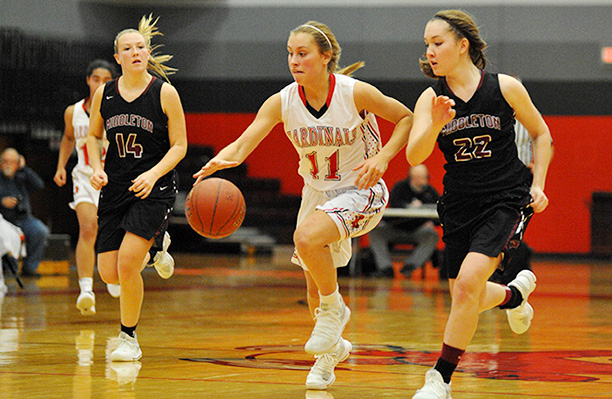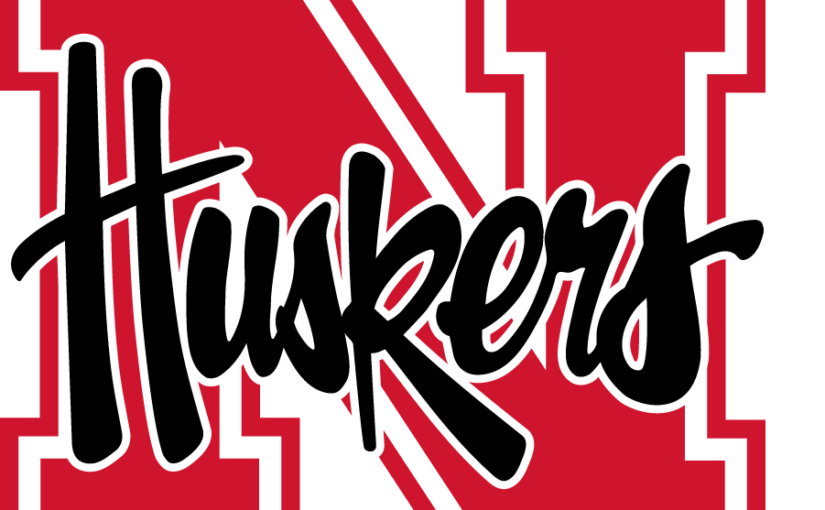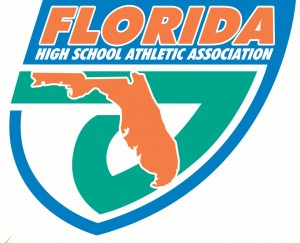Oral Roberts Leaving Summit League For Southland
http://www.argusleader.com/article/20111026/SPORTS02/110260330/Oral-Roberts-leave-Summit-League-next-year-Southland-Conference?odyssey=tab|topnews|text|Sports
The Summit League’s geographical footprint is set to shrink again, but so are its credentials.
Oral Roberts, winner of a record 88 Summit team titles, announced Tuesday that it will join the Southland Conference effective July 1. The Tulsa, Okla., school will pay a $250,000 buyout for giving less than a two-year notice, bringing a hasty end to a 15-year run with the Chicago-based Summit.While turnover is nothing new for the 30-year-old league, this isn’t a case of addition by subtraction, unlike some other recent moves.
“I don’t think any of us necessarily would have wanted them to leave,” said South Dakota State athletic director Justin Sell. “At the same time, it’s kind of the reality of our business. This is probably their second or third time talking to the Southland, and they finally got the opportunity to get in. I respect that.”
News of talks between ORU and the more geographically suitable Southland broke about a month ago, but nothing seemed imminent until Monday, when the Golden Eagles didn’t show up to the Summit’s athletic directors meetings in Chicago.
“This is a good decision for us,” Oral Roberts president Mark Rutland said Tuesday. “The footprint, geographically, is a benefit.”
Summit League commissioner Tom Douple wished the Eagles the best and said it wasn’t a surprise that they chose to join a conference with members closer to campus.
Adding Oral Roberts will increase the Southland Conference’s membership to 10, all of them in Arkansas, Texas, Louisiana and Oklahoma.
David Chicoine, SDSU president and chair of the Summit League’s Presidents Council, said the panel “anticipated this possibility after the WAC recruited and added three Southland universities.”
He said the league has begun work to chart its future “during these somewhat uncertain, but exciting times in conference alignments.”
The ramifications moving forward for the Summit League – starting in 2012-13 – are many.
For SDSU and league newcomer the University of South Dakota, it will mean no more trips to Tulsa, one of the longest and most expensive trips in the league.
There is work to be done, as the Summit already had basketball schedules in place through the 2016-17 season.
It also changes the competitive landscape, given that ORU has twice as many Summit titles as any other past or current member and had won the all-sports title five years in a row until being unseated by the Jackrabbits in 2010-11.
The Golden Eagles have been especially stout in baseball and women’s golf, winning 14 consecutive league titles in each in addition to claiming multiple crowns in the high-profile sports of men’s basketball (three), women’s basketball (five) and volleyball (seven).
The Jacks have finished second to ORU in baseball in each of the last three years, preventing them from reaching the NCAA Division I tournament.
On the other hand, the Golden Eagles’ success and strong scheduling practices helped the Summit raise its national profile. Their men’s and women’s basketball teams are the preseason favorites this season.
“I don’t really have a feeling one way or another on that,” Sell said. “I think there’s great positives with good competition, and I think good competition forces you to look internally and say, all right, how can we compete? It would be foolish to say just by Oral Roberts leaving it’s made that much easier.”
It might, however, help Sioux Falls retain the Summit League basketball tournament beyond 2014. Tulsa has been Sioux Falls’ top competitor in the bidding process in each of the past three go-rounds.
As far as replacing ORU, candidates and conference alignments have been on the Summit agenda for nearly two years when a nationwide shakeup began, according to Sell.
The league doesn’t necessarily need to bring anyone in, but it would be helpful for sports such as baseball and men’s tennis, which are now down to six teams – the minimum for retaining automatic postseason bids. The league will be down to nine teams in sports such as basketball in 2012-13 after Southern Utah leaves for the Big Sky and Nebraska-Omaha joins.
Regardless of what does or doesn’t happen, the Dakota schools will be in the thick of it.
“I think as a league we’re looking to move on with what we have,” Coyotes AD David Sayler said. “It’s very positive in terms of the footprint and in terms of travel and scheduling. It’s going to make it a little easier as a conference – that’s a tough trip for a lot of us. At USD we’re very excited to go forward with who we have, and we’re very excited about what the future holds for the league.”







